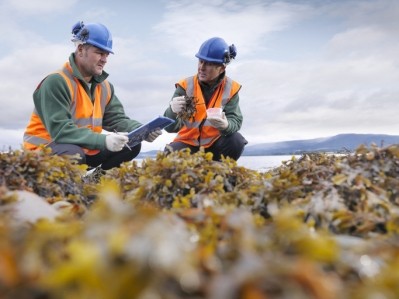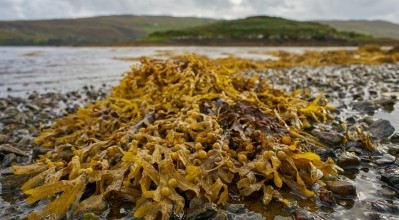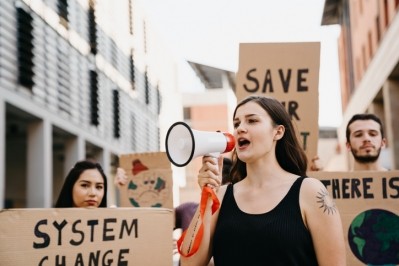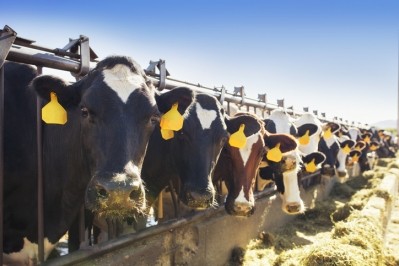Australia: Off-take agreement for methane busting feed additive in cattle
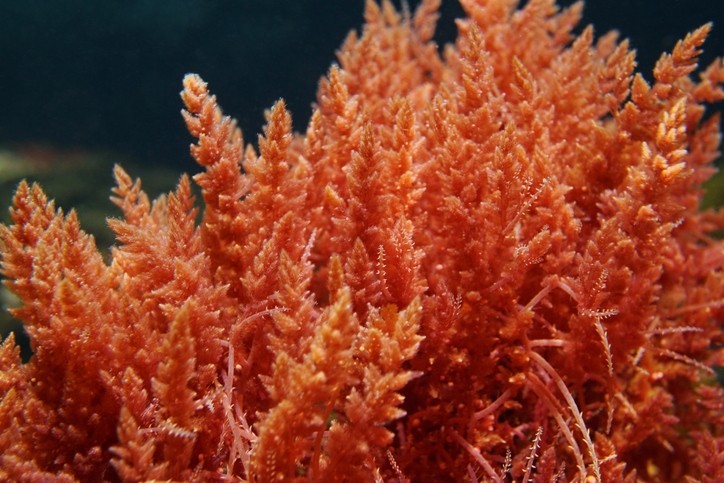
The raw material will be cultivated by CH4 locally in South Australia where the company has signed a partnership agreement with the Narungga Nation Aboriginal Corporation (NNAC).
“CH4 believes in circular and regenerative economic principles and is extremely excited by our collaboration with Pirie Meats and partnership with NNAC. Working with the Narungga Aboriginal Nation to generate maximum sustainable benefit for its people - jobs, training, and a leadership role in climate mitigation is what CH4 is all about,” commented CH4 Global CEO and co-founder, Steve Meller.
Cold-water Asparagopsis species occur naturally and grow well in New Zealand and southern Australia, says CH4 Global.
Australian government research agency, the Commonwealth Scientific and Industrial Research Organization (CSIRO), James Cook University and Meat & Livestock Australia hold the patents for the use of Asparagopsis for reduction of methane. CSIRO has now established a spin off company, FutureFeed Pty Ltd, which holds the global rights, to award and manage licenses around the world. CH4 Global signed licensing deals with that company back in April for use of the technology in Australia and New Zealand.
A CSIRO study and other trials in the US have shown that Asparagopsis, when used as a supplement at 1% or less of the total diet in dairy cows and feedlot beef cows, results in reductions in methane from 60% to more than 90%, says CH4 Global.
Processing plant project
Pirie Meats, CH4 Global, Organic Technology Holdings and Siemens Australia are also collaborating on the integrated design, construction and operation of a AUS$90m advanced processing facility near Port Pirie, South Australia.
CEO of Pirie Meats, Reg Smyth, said the expanded facility would establish a new standard for the future of sustainable livestock production and processing.
“Through strategic design of our operations and plant, our goal is for whole-of-animal product optimization.
“Benefits will be realized from commitment to carbon-neutral operations, achieving our re-use targets and from a complete change in the way we process and what we produce.
“In addition to the more traditional processing operations, our facility will be capable of transitioning what was processing waste or very low-value product into high value human and medical-grade materials through a unique secondary processing line,” he said.
CH4 Global plans to build its first two facilities in South Australia with further ‘eco-parks’ planned in the state, as well as in New Zealand, according to an article on Beef Central.
Following this first site on the Yorke Peninsula, a second site has been identified near Port Lincoln on the Eyre Peninsula. Each farm would be capable of producing about 400 tons of dry weight milled seaweed a year – enough to feed up to 20,000 cows.
Methane emissions regulation
In terms of motivating farmers to use feed containing the seaweed additive, CH4, in an FAQ on its website, says:
“Legislation for the reduction of methane from ruminants is coming in several regions. This technology will enable farmers to meet those new regulations in a simple and cost-effective way that will not require any changes to their current practices. In addition, this approach should save farmers money compared to alternative ways of reducing or offsetting methane emissions since data shows that Asparagopsis improves feed conversion.”
As regards feed application, the company says its freeze-dried Asparagopsis material has shown no issues in trials to date. “We will only need use about 100g per day per cow to achieve the breakthrough results seen so far in dramatically reducing methane production from cows. Cows eat between 10-15kg of forage a day so the Asparagopsis needed represents a small percentage of the total food intake.”
This article was amended on June 23 2021 to clarify that CH4 Global will be supplying the seaweed feedstock to the planned processing facility near Port Pirie, and that it is not building that facility to process the seaweed itself.
